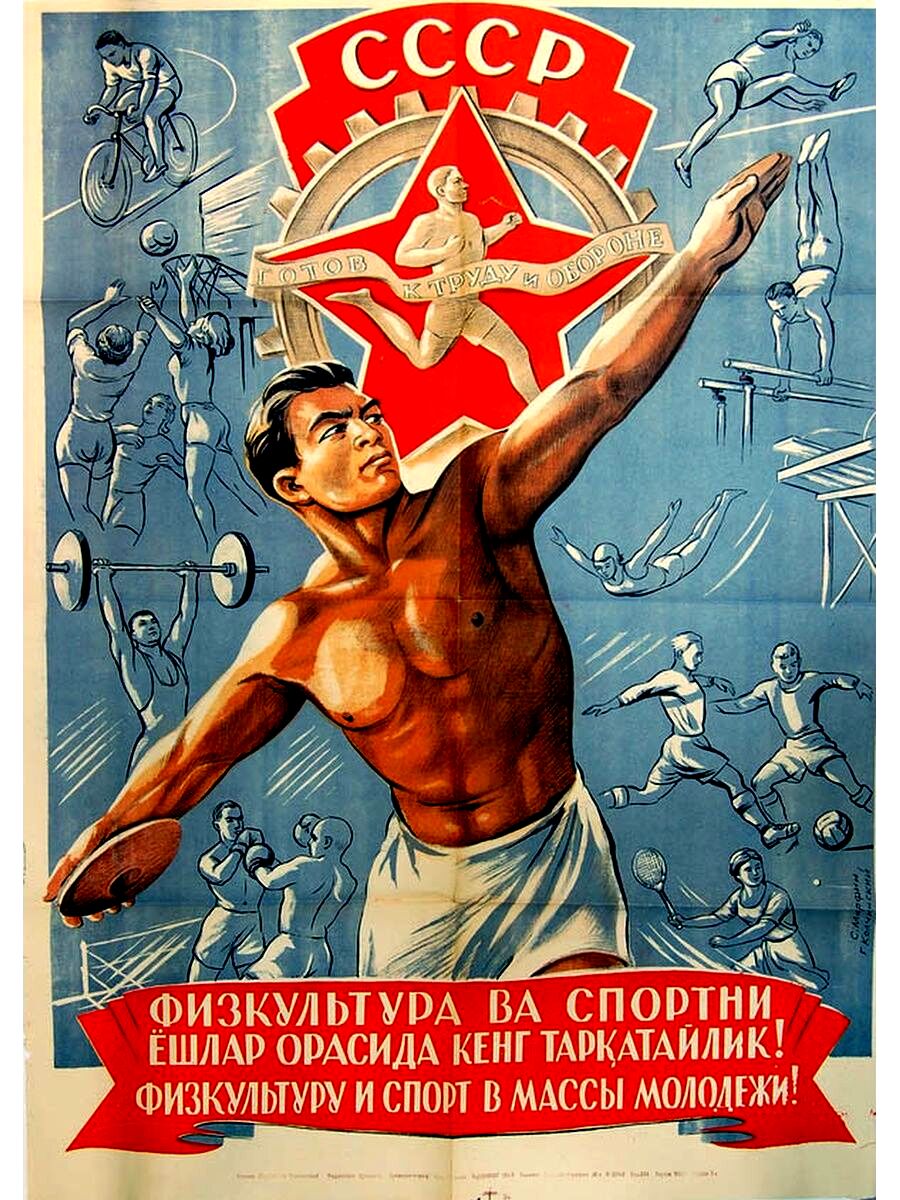- You never have a billionaire owner who destroys the team with meddling
- You never have a billionaire's failson in your personnel department or something
- The city never gets extorted into building a billion-dollar stadium for a billionaire owner
- The team never moves
- You never have an ownership group that prioritizes profit maximization over on-field competitiveness

I maybe should've been more clear, I was with concerns to financial compensation only talking about the specific NCAA context, if you have that education for physical performance situation.
Additionally, not all labor is that easily measurable/quantifiable to me, it kinda flows.
Like the example of art, art to me inherently has a value, the quality of that art is obviously subjective, but I wouldn’t dismiss it because it doesn’t make a profit.(not suggesting you were doing that)
So like you say everyones needs need to be met, even if they just want to do street music or be a swimmer. But the level of your compensation would obviously, even in a socialist/communist society, vary somewhat depending on the appeal of your work.
I think that leads into a broader discussion, like how could art/entertainment be incentivized in a socialist/communist society.
I have to admit I'm not too sure how this was/is handled in socialist countries, but I think that is a very important discussion to have at some point.
Although that is pretty bougie, is it? Like to even be thinking about that, when most people don't even get what class is.(Just a thought)
I have to admit that I'm obviously not an expert on the topic to give exact numbers, those were just my thoughts from my personal perspective on the NCAA.
I can see why the NCAA, next to just simply not wanting to give up 1$, don't want to even slightly open up this can of worms.
Because they'd have to answer these questions too, like is this work?
And I, as a leftist, wouldn't want to make that argument for them.(Sorry I can't word it without sounding snarky)